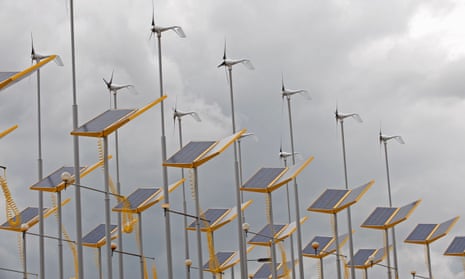The government’s U-turn on renewable energy risks sending this country back to the dark ages of relying only on fossil fuel.
Since the election we have seen a slashing of subsidies for biomass, anaerobic digestion and biogas as well as solar and wind.
This will make very little difference to household bills but will impact heavily on energy security and in the long-term increase bills with no way back. Renewable energy can actually secure energy prices, giving security for households, whatever fossil fuel prices are.
The sudden abolition of these subsidies was, wind power aside, a massive surprise. For a business-friendly government, it is a risky message to send and one that could shake investor confidence.
What I don’t understand is why the government would apply the climate change levy on renewable energy plants which are carbon-positive. It’s illogical. Even worse, it removes the business case for existing renewable energy plants that were predicated on the investment avoiding carbon tax until 2023.
Without financial justification, it will be very hard for business to invest in renewables again – particularly if there is a worry that any other support could be scrapped at a moment’s notice. Worse still, the government’s logic behind the U-turn is flawed.
Working with Imperial College London, we researched the potential of a ‘circular’ economy, an economy which gets full value from natural resources. The research forecast that this economy would be worth an extra £29bn to the UK and would create 175,000 jobs.
Rather than stifling the potential of a circular economy, the government needs to encourage it. Instead of removing subsidies, it should expanding them and finding other, creative ways to boost sustainability.
In December, the government will be taking part in the UN climate summit in Paris. A global event, incorporating governments and business, it could be a generation-defining event and enable a climate secure future.
Paris will perhaps be the last chance to deliver climate security. Of course, energy will be a major pillar of these discussions.
Do we really want to be the country stepping back in time?
The government needs to accept its environmental and energy responsibilities and bring back subsidies for renewable energy. By doing so, it will help secure this country’s energy future. It will also set the right tone heading into Paris, where we should be a significant force in ensuring global climate security.
